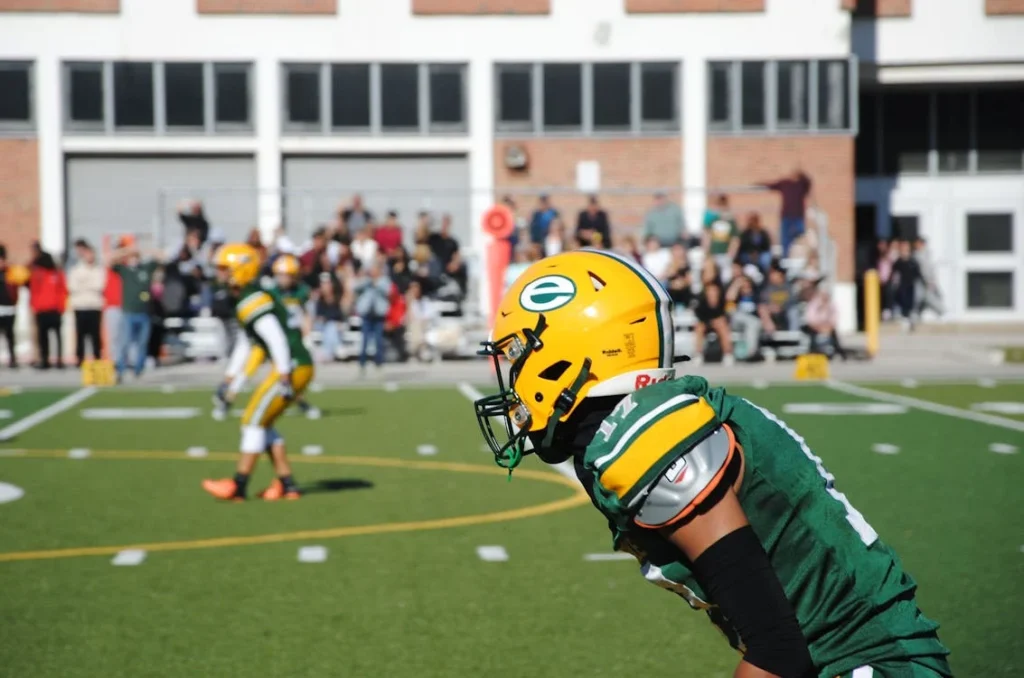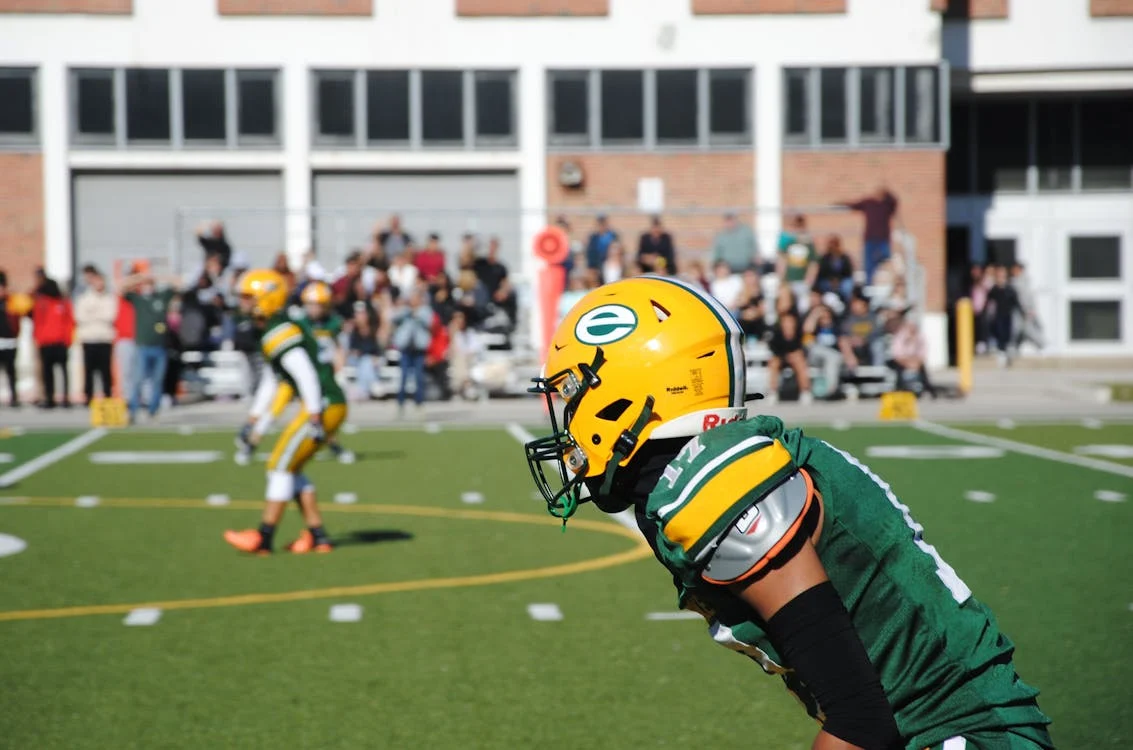The Pulse of America: How Sports Shape the U.S. Culture
Sports in the United States are more than just games; they are a cultural phenomenon that unites communities, sparks national pride, and drives social change. From the roaring crowds at stadiums to the electrifying moments on television, American sports have a way of capturing the nation’s imagination and heart. In this blog post, we’ll explore the significance of sports in American culture, the major sports that define the nation, and how they reflect broader societal trends.

The Role of Sports in American Culture
Sports have always held a special place in American culture. They serve as a form of entertainment, a medium for social connection, and a platform for showcasing individual and collective achievement. Here’s how sports play a vital role in shaping U.S. culture:
1. Community and Identity:
Local sports teams often become a focal point for community pride. High school football games, college basketball tournaments, and local soccer leagues provide opportunities for people to come together, share experiences, and build a sense of belonging. Sports create communal rituals and traditions that strengthen local and regional identities.
2. National Pride:
On a national level, major sporting events like the Super Bowl, the World Series, and the NBA Finals foster a sense of unity and pride. International competitions, such as the Olympics, bring Americans together to celebrate national achievements and showcase their country on the global stage.
3. Social Change:
Sports have also played a crucial role in advancing social change. Athletes have used their platforms to address issues such as racial equality, gender rights, and social justice. Icons like Jackie Robinson, Muhammad Ali, and Colin Kaepernick have leveraged their influence to challenge societal norms and advocate for progress.
Major Sports in the U.S.
The United States boasts a diverse sporting landscape, with several sports standing out as cultural cornerstones. Let’s take a closer look at some of the most popular ones:
1. American Football:
American football is arguably the most popular sport in the U.S., with the NFL (National Football League) drawing enormous viewership and attention. The Super Bowl, the NFL’s championship game, is one of the most-watched sporting events globally, featuring high-stakes action, memorable halftime performances, and innovative commercials. College football also garners significant enthusiasm, with intense rivalries and storied traditions.
2. Basketball:
Basketball is a dynamic and widely loved sport in the U.S., with the NBA (National Basketball Association) leading the way. The league’s stars, like LeBron James and Stephen Curry, are household names, and the NBA Finals are a major highlight of the sports calendar. College basketball’s March Madness tournament adds to the excitement, with its thrilling upsets and buzzer-beaters capturing national attention.
3. Baseball:
Known as America’s pastime, baseball has a rich history and cultural significance. Major League Baseball (MLB) features iconic teams like the New York Yankees and the Boston Red Sox. The sport’s timeless nature and storied traditions, including the World Series, reflect a deep-seated appreciation for history and nostalgia.
4. Soccer:
Soccer has been gaining momentum in the U.S., with Major League Soccer (MLS) expanding its reach and popularity. The success of the U.S. Women’s National Team, with their World Cup victories, has also significantly boosted the sport’s profile. Soccer’s growing influence is evident in increasing youth participation and rising fan engagement.
5. Ice Hockey:
Ice hockey, while more regional in its popularity, has a passionate following, particularly in the northern states and regions with colder climates. The NHL (National Hockey League) offers thrilling, fast-paced action, and the Stanley Cup playoffs are a highlight of the sports year for many fans.
The Impact of Technology and Media
The way Americans engage with sports has evolved dramatically with technological advancements. Streaming services, social media, and digital platforms have transformed how fans consume sports content. Live broadcasts, highlights, and interactive features allow fans to stay connected and engaged, no matter where they are.
Conclusion
Sports in the United States are much more than games; they are a vital part of the cultural fabric. They bring people together, spark national pride, and drive social change. Whether through the high-octane drama of the Super Bowl, the adrenaline of March Madness, or the passionate cheers at a local soccer match, sports resonate deeply with Americans. They reflect the nation’s values, history, and aspirations, making them an integral part of American life.
As we celebrate the diverse and dynamic world of sports, we recognize their profound impact on shaping not only our entertainment but also our collective identity and societal progress.










